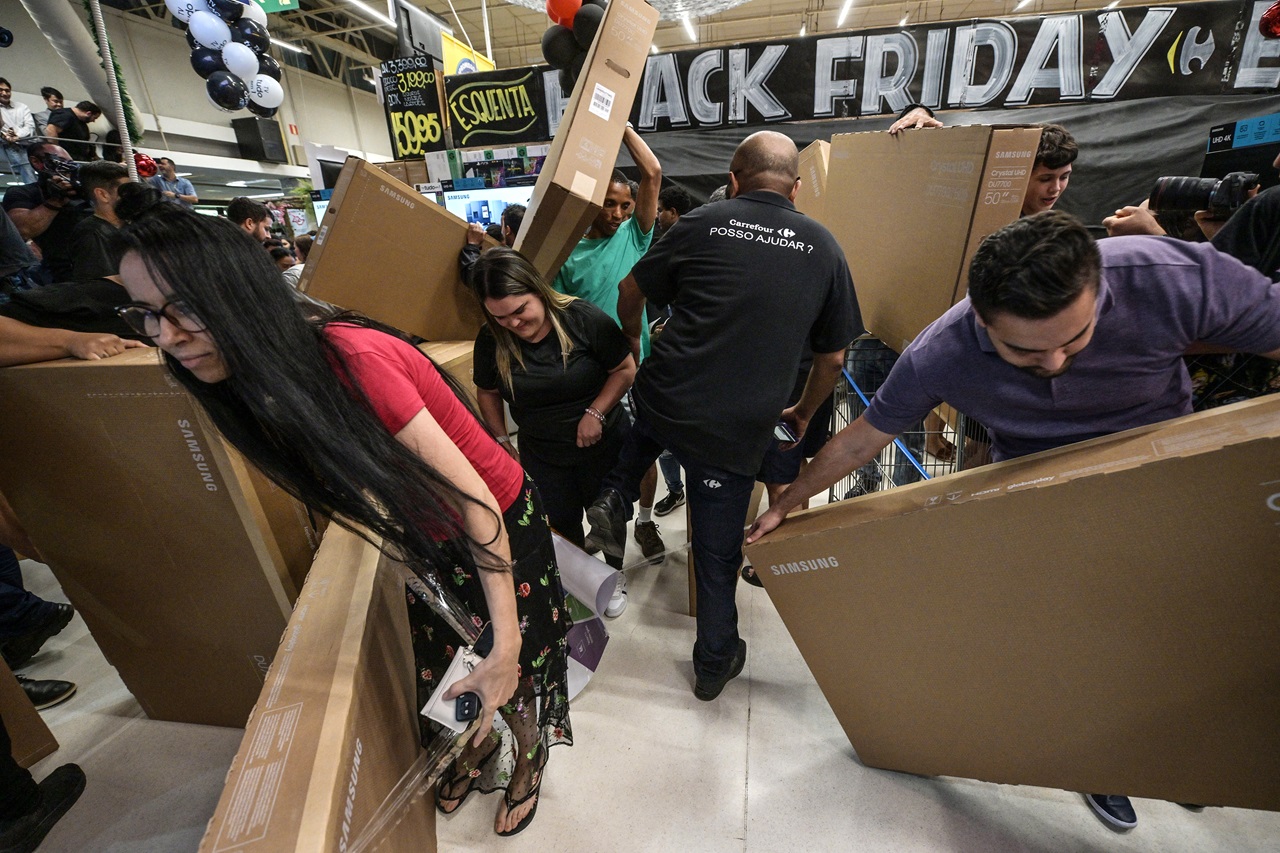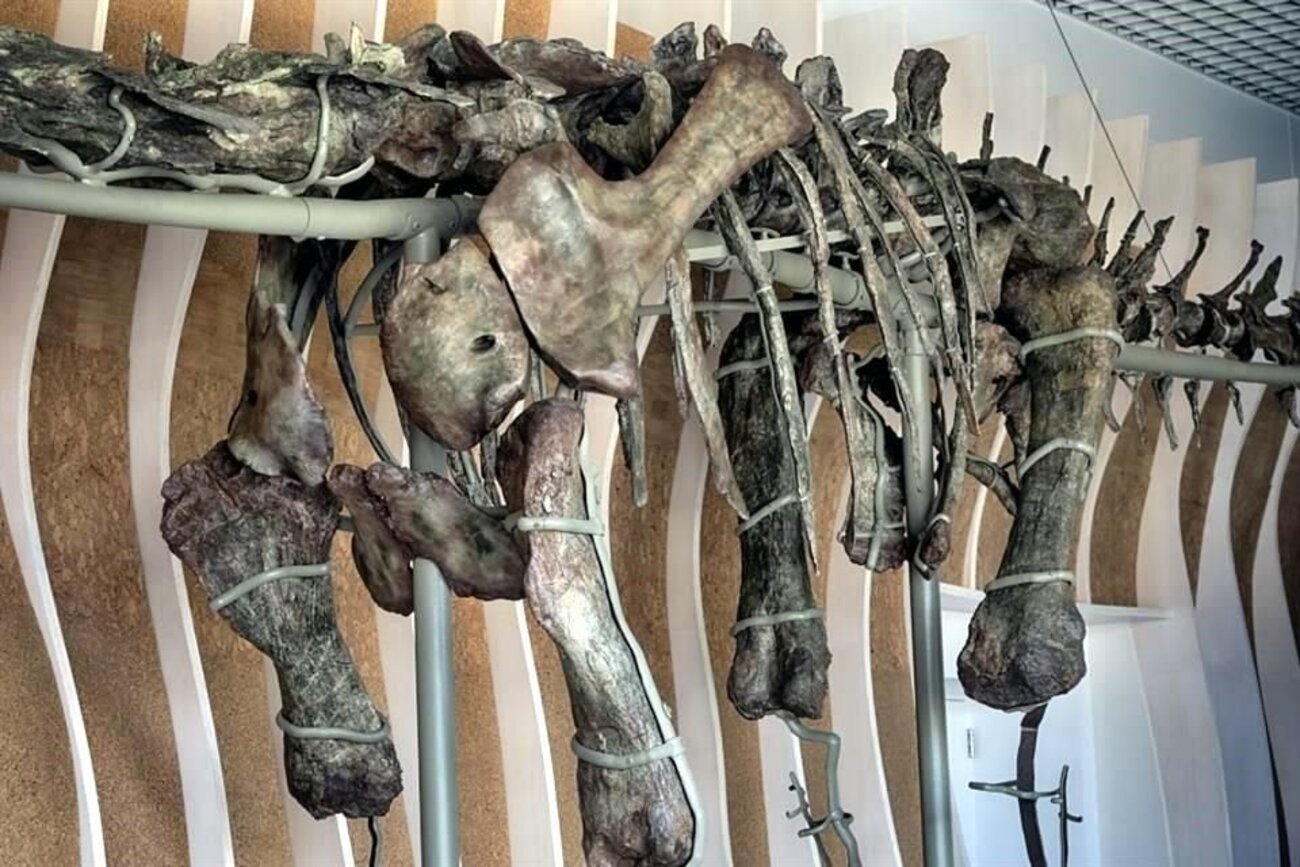
Disparities in Perception between the U.S. and Mexico in 2024
Written by Alejandra Legarda
In August 2024, a study revealed a notable disparity in perceptions between Americans and Mexicans about each other's countries. According to the Pew Research Center, 60% of Americans have a negative view of Mexico, while only 37% see it favorably. In contrast, 61% of Mexicans have a positive view of the United States.
These perceptions have shifted significantly in recent years. For example, in 2017, during Donald Trump's presidency, only 29% of Mexicans had a favorable opinion of the United States, largely due to Trump's immigration policies and his proposal to build a border wall. In the U.S., perceptions of Mexico have declined since 2017 when 65% of Americans had a favorable view of their southern neighbor.
CONTENIDO RELACIONADO
Perceptions are also influenced by factors such as age, race, ethnicity, and political affiliation. Younger Americans and Democrats tend to have a more favorable view of Mexico, while older adults and Republicans are more critical. Similarly, younger and better-educated Mexicans are more likely to view the U.S. positively.
Summary (160 words): In August 2024, a Pew Research Center study highlighted contrasting perceptions between Americans and Mexicans. While 60% of Americans hold a negative view of Mexico, 61% of Mexicans view the United States positively. This marks a significant shift from 2017, when only 29% of Mexicans had a favorable opinion of the U.S. under President Trump, whose immigration policies, including the proposed border wall, were widely unpopular in Mexico. In contrast, U.S. perceptions of Mexico have become increasingly negative; in 2017, 65% of Americans viewed Mexico favorably.
Age, race, ethnicity, and political affiliation play crucial roles in shaping these views. Younger Americans and Democrats are generally more positive towards Mexico, whereas older adults and Republicans tend to be more critical. Similarly, younger Mexicans and those with higher education levels are more likely to hold favorable views of the U.S. This study underscores the evolving and complex nature of U.S.-Mexico relations










DEJE UN COMENTARIO:
¡Únete a la discusión! Deja un comentario.